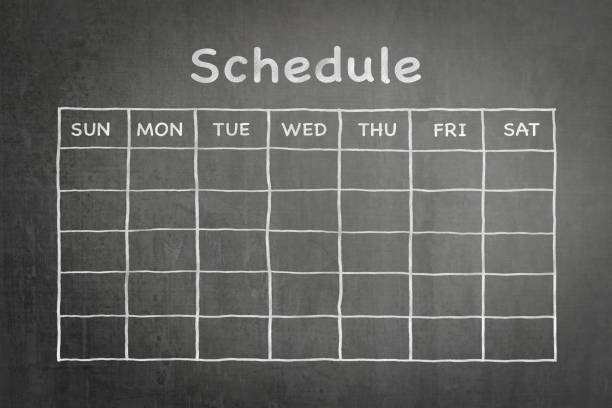Why do we constantly seek innovative ways to teach and learn? What elements within the educational paradigm offer genuine engagement, critical thinking, and relevance? It’s not uncommon for educators and learners alike to encounter the terms “project” and “project-based learning (PBL)” in their academic journeys. Yet, these two terms, while seemingly similar, offer very different approaches and outcomes in the world of education.
Distinguishing between these methods is not just a matter of semantics; it’s about understanding the depth, purpose, and impact of each. As we navigate the ever-evolving educational landscape, it becomes imperative to grasp the nuances between conventional projects and the holistic nature of PBL.
Article Highlights:
- Structured vs. Dynamic: While traditional projects have a clear, predefined outcome, PBL thrives on in-depth exploration and discovery.
- Duration Matters: Projects are typically short-term assignments, whereas PBL can span over longer durations, allowing students to dive deeper into the subject matter.
- Depth of Engagement: Projects might scratch the surface of a topic, but PBL encourages profound engagement, promoting critical thinking and problem-solving.
- Student Autonomy: PBL places students at the helm, offering them more control over their learning journey.
- Real-World Connections: PBL projects resonate with real-world scenarios, fostering relevance and a deeper connection to learning.
difference between project and project-based learning
Why might one strategy resonate more deeply with students than the other? Projects typically refer to structured assignments with specific outcomes, often decided by the teacher, spanning a short duration. In contrast, project-based learning (PBL) is an in-depth, student-centered approach where learners explore real-world problems or challenges over an extended period. While projects might touch on a topic’s surface, PBL dives deeper, allowing students autonomy in their learning journey, promoting critical thinking, and fostering a connection to real-world scenarios.
Why do we often confuse projects with project-based learning (PBL)? What makes these two educational strategies stand apart? Exploring the realms of education, one can easily stumble upon these terms, but understanding the distinction can greatly amplify the effectiveness of teaching and learning.
Projects
Projects are typically assignments given to learners with specific instructions on what needs to be achieved. They can be seen as:
- Structured: There’s usually a well-defined outcome or product that learners are expected to produce.
- Short-Term: They often span over a short period, maybe a week or even a single class period.
- Surface-Level: While students might learn something new, the learning often remains on the surface, not requiring deep conceptual understanding or critical thinking.
- Teacher-Centred: The instructor decides the topic, the resources, and the final outcome, limiting students’ autonomy.
Project-Based Learning (PBL)
Project-based learning, on the other hand, is a dynamic approach that’s centred around students. The hallmarks of PBL include:
- In-Depth Inquiry: Students begin with a question, problem, or challenge and then explore it deeply over an extended period.
- Student Autonomy: Learners have a say in their topics, how they want to explore them, and often, how they present their findings.
- Real-World Relevance: PBL projects are often tied to real-world problems or challenges, making the learning experience more relevant and engaging.
- Cross-Curricular: Instead of focusing on just one subject, PBL often integrates multiple disciplines, mimicking the interconnectedness of the real world.
- Reflective: Throughout the process, students are encouraged to reflect on their learning journey, which enhances their metacognitive skills.
Why is it essential to distinguish between the two? By recognising the differences, educators can better tailor their approaches to cater to the needs of their students, ensuring they not only learn but also develop crucial skills for the future. While projects offer a structured way of learning and can be beneficial in many scenarios, PBL provides a richer, more interconnected learning experience that better prepares students for real-world challenges.





